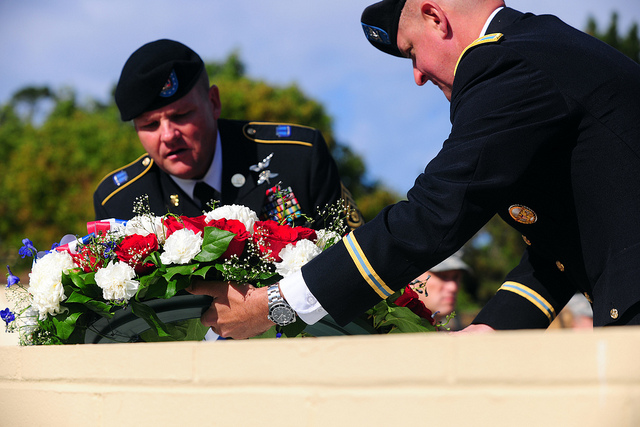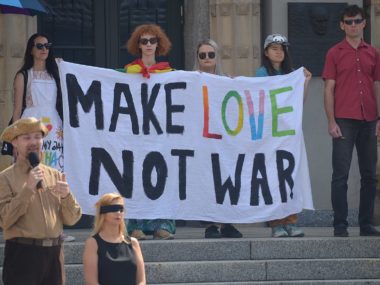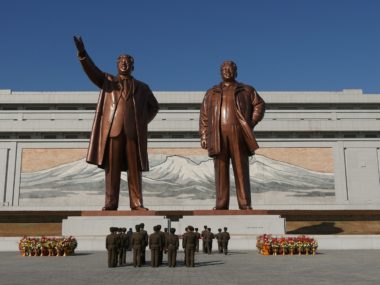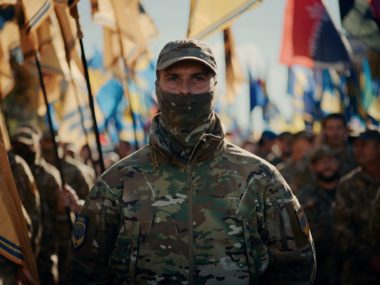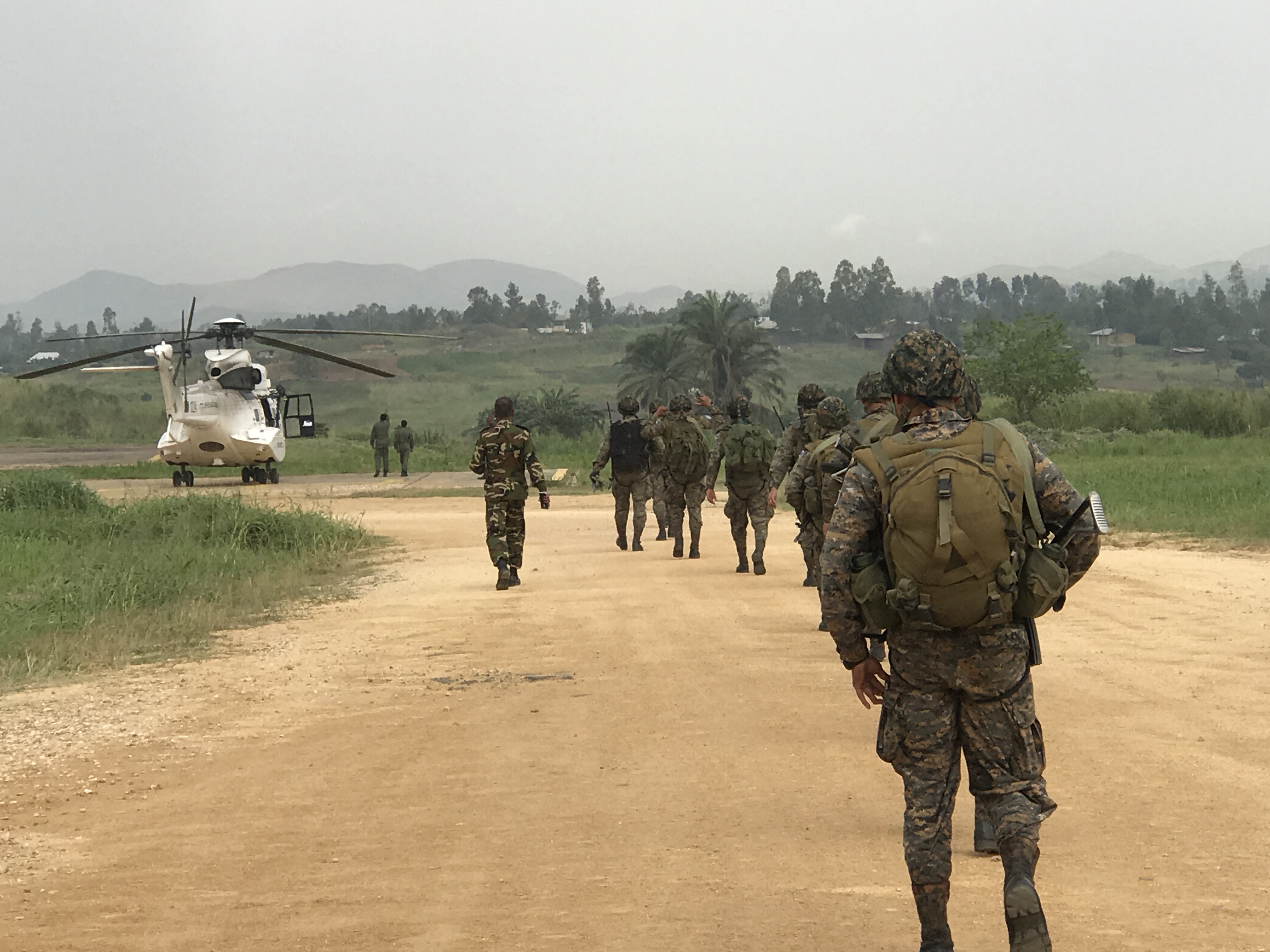
It is somewhat strange how things tend to come together. This Sunday marked Remembrance Day in Canada and Veterans Day in the US, and was remembered throughout Europe as the anniversary of the end of World War I. But I started thinking about the futility of force Sunday morning when Bruce Springsteen’s version of “War” — “War? What is it good for?” — popped up on my iPad while I was doing the dishes. This timing resonated even more because I got to hang out a few days ago with this blog’s co-founder, Erica Chenoweth, who has written a pretty convincing book on the efficacy of non-violent protest.
I shared a story with her about the first time I appeared on a panel in front of an audience of ordinary folks (as opposed to academic types). It was 1993, the topic was Yugoslavia, and a mixed group of panelists were featured: a Serb nationalist, a Serb leftist, a Croat, a Bosnian Muslim, a representative from the Catholic Church, and me. Oh, and a pacifist. The audience agreed with me: “yes, the other side is being manipulated by its leaders” AND they piled heaps of verbal abuse on the pacifist.
So, violence and non-violence was on my mind even before Springsteen wailed about war Sunday morning. We remember the sacrifices of those who fought for our various countries today, the anniversary of the end of the War that was to end all wars is worth marking. World War I was just about our species’ most futile war; both in how it was fought on the Western Front, and in its outcomes. The war produced a peace that created the dynamics that would lead to a second and more conclusive World War, a new government to the east of Germany that would commit tremendous violence before, during and after that next World War, and so on.
Today, with 2014 appears closer on the horizon and as “green-on-blue” attacks continue, success in Afghanistan seem either elusive or temporary. The events in Libya this fall suggest that intervention produces mixed results at best, so perhaps we should not have intervened. These experiences raise serious questions about the efficacy of force.
So, were the sacrificed lives we remember today wasted? It depends on who you ask. If you talk to someone in Sarajevo, who has contempt for the UN but very positive views about NATO, the answer is a bit different. Sure, Bosnia has not made much progress since 1996, but the country has seen little violence. Indeed, in 2001-2002 we measured violent acts in Bosnia by counting hay-stack burnings — which had economic implications (a farmer’s savings), but was not awful as the horrific violence which preceded NATO’s intervention. Kosovo is hardly a perfect country, but the Albanians are Kosovo are certainly better off than they were under Milosevic’s Serbia.
When it comes to Afghanistan, it is becoming clearer that whatever progress the Canadians, the Americans and other invested nations have made in the country is not sustainable without them. But that does not mean that lives were not saved during the intervention. If we only measure the change in infant mortality rates and in deaths of women giving birth, it is clear that Afghanistan, despite how awful it may remain, is a better place now than ten years ago.
It should be clear from this rambling that I am pretty ambivalent about the use of force. Violence is not always the answer to a policy problem, but I don’t think that it is never the answer, either. If we remember the debates of the late 1990’s, the concern was not that we didn’t intervene too much but that we fell far short in Rwanda. World War I paints war as futile, but World War II makes it appear necessary. However, it is not so easy to sort the “good” wars from the “bad” wars these days; Afghanistan was the good war until it was not, and Iraq was the bad war that may have produced the more stable outcome.
So, where does this leave us? I think we remain in the land of bad choices, where using and not using force both have tremendously complicated consequences. This weekend brings news of Israel returning over the border the Syrian war’s spilled over. So, the violence will not end there, or elsewhere. I guess the best we can do is try to plan and execute war plans and peace plans so that the use of violence is limited, more discriminate, and more effective.

